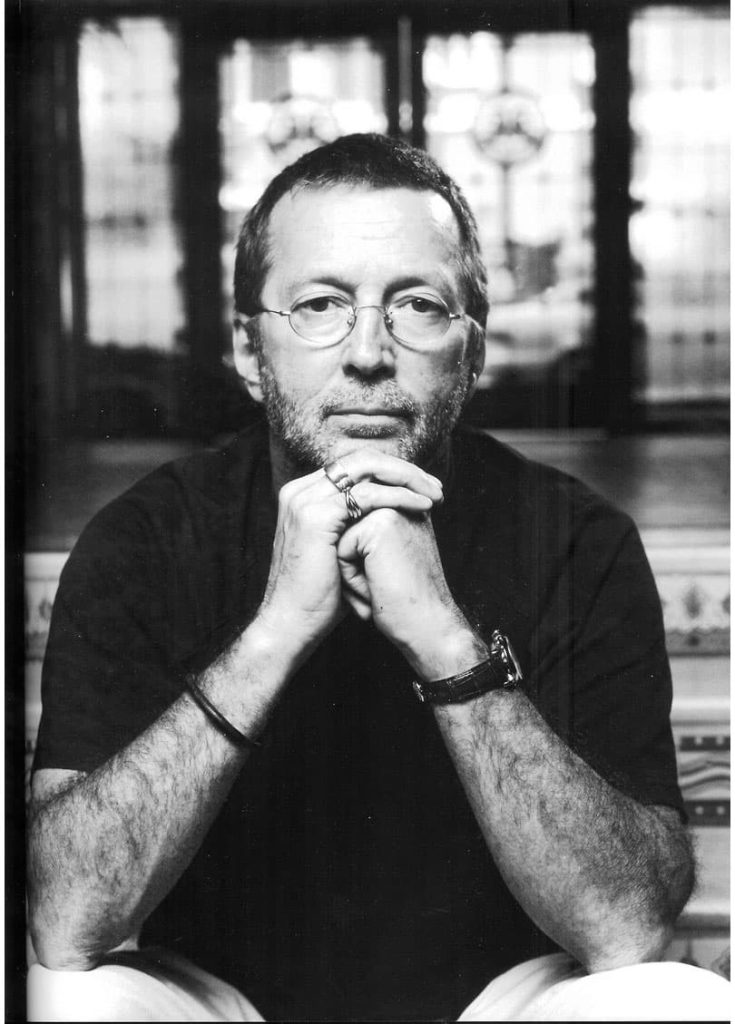
A Gentle Plea for Love and Understanding in a Changing World
Eric Clapton’s Change the World, a song that effortlessly blends pop sensibilities with Clapton’s signature guitar work, stands as a testament to the power of love and its potential to heal a world in need. Released in 1996 as part of the soundtrack for the film Phenomenon, starring John Travolta, the song quickly ascended the charts, reaching number five on the Billboard Hot 100. This wasn’t just another hit for Clapton; it was a cultural moment, a gentle anthem that spoke to the yearning for connection and positive change in a rapidly evolving world.
The song’s origins trace back to Tommy Sims, Wayne Kirkpatrick, and Gordon Kennedy, who initially penned it. However, it was Clapton’s interpretation, his soulful delivery and the smooth production by Babyface, that truly brought Change the World to life. Babyface’s influence is undeniable, lending the track a polished, contemporary sheen that broadened Clapton’s appeal to a wider audience, particularly on pop radio. This collaboration proved to be a stroke of genius, seamlessly merging Clapton’s bluesy roots with a more accessible pop sound.
The lyrics, simple yet profound, express a desire to make the world a better place through the power of love. Lines like “If I could reach the stars, I’d pull one down for you” and “If I could change the world, I would do it in a minute” evoke a sense of longing and a deep-seated belief in the transformative potential of human connection. For many, especially those who were navigating the complexities of the late 90s, a time of rapid technological advancement and social change, Change the World offered a comforting message of hope and optimism. It was a reminder that even amidst uncertainty, love and compassion could prevail.
Beyond its chart success, Change the World earned critical acclaim, winning the Grammy Award for Song of the Year in 1997. This accolade solidified its place in music history, recognizing not only its commercial appeal but also its artistic merit. The song’s impact extended beyond the music charts and award ceremonies; it became a staple of radio airplay and a popular choice for weddings and other celebrations of love. Its enduring popularity speaks to the universality of its message and the timeless quality of its melody.
For those of us who remember the mid-90s, Change the World is more than just a song; it’s a time capsule, a sonic reminder of a specific era. It evokes memories of simpler times, of dial-up internet and VHS tapes, of a world that felt both exciting and uncertain. Listening to it now, decades later, is like revisiting an old friend, a familiar voice that offers comfort and reassurance. The song’s gentle melody and heartfelt lyrics continue to resonate, reminding us that the desire for a better world, a world shaped by love and understanding, is a timeless human aspiration. It’s a testament to Eric Clapton’s ability to connect with audiences on a deeply emotional level, crafting music that transcends generations and continues to inspire. The song remains a testament to the collaborative genius of Clapton and Babyface and their ability to craft a timeless piece of music. It’s a song that will likely continue to inspire and uplift listeners for many years to come, a gentle reminder that love, in its purest form, has the power to indeed, change the world.